Humans
-
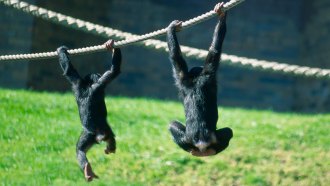 Genetics
GeneticsA genetic parasite may explain why humans and other apes lack tails
Around 25 million years ago, a stretch of DNA inserted itself into an ancestral ape’s genome, an event that might have taken our tails away.
-
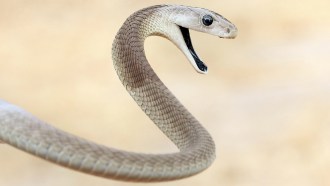 Health & Medicine
Health & MedicineSnake venom toxins can be neutralized by a new synthetic antibody
A lab-made protein protected mice from lethal doses of paralyzing toxins found in a variety of snakes, a new study reports.
By Meghan Rosen -
 Health & Medicine
Health & Medicine50 years ago, computers helped speed up drug discovery
In 1974, a computer program helped researchers search for promising cancer drugs. Today, AI is helping speed up drug discovery.
-
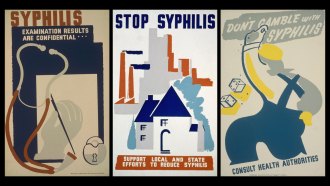 Health & Medicine
Health & MedicineThe United States was on course to eliminate syphilis. Now it’s surging
Science News spoke with expert Allison Agwu about what’s driving the surge and how we can better prevent the disease.
-
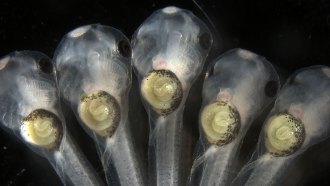 Health & Medicine
Health & MedicineMessed-up metabolism during development may lead guts to coil the wrong way
Tadpoles exposed to a metabolism-disrupting herbicide had malformed intestines, providing clues to a human condition called intestinal malrotation.
-
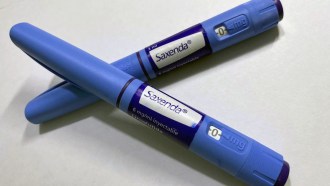 Health & Medicine
Health & MedicineTaking a weight-loss drug reduced a craving for opioids
Early results from 20 people with opioid use disorder raise hopes that popular weight-loss drugs like Wegovy can tackle opioid addiction, too.
-
 Health & Medicine
Health & MedicineNewfound immune cells are responsible for long-lasting allergies
A specialized type of immune cell appears primed to make the type of antibodies that lead to allergies, two research groups report.
-
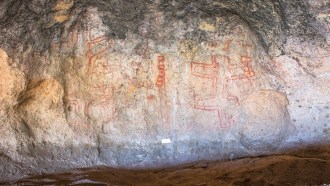 Archaeology
ArchaeologyThese South American cave paintings reveal a surprisingly old tradition
Radiocarbon dates point to an artistic design practice that began in Patagonia almost 8,200 years ago, several millennia earlier than previously recorded.
By Bruce Bower -
 Health & Medicine
Health & MedicineU.S. opioid deaths are out of control. Can safe injection sites help?
A new NIH study will evalute the only two officially sanctioned sites, in New York City, and a future site in Providence, R.I.
By Tara Haelle -
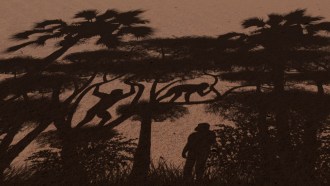 Anthropology
Anthropology50 years ago, evidence showed that an extinct human ancestor walked upright
Fossil finds have since pushed back the ability of hominids to walk on two legs by millions of years.
-
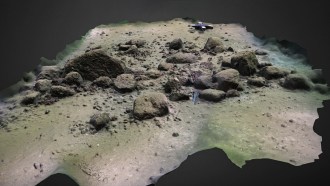 Archaeology
ArchaeologyThis Stone Age wall may have led Eurasian reindeer to their doom
Hunter-gatherers living 10,000 years ago in what is now Germany probably used the wall to trap reindeer in a nearby lake.
By Anna Gibbs -
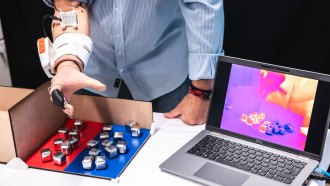 Neuroscience
NeuroscienceA new device let a man sense temperature with his prosthetic hand
A device that can be integrated into prosthetic hands capitalizes on phantom sensations to enable users to sense hot and cold.
By Simon Makin